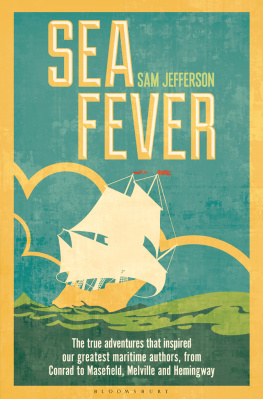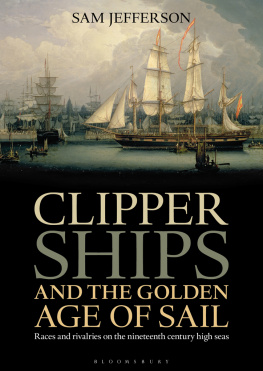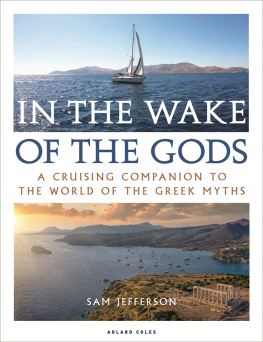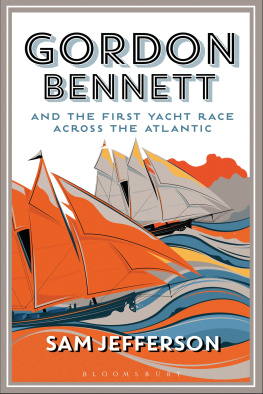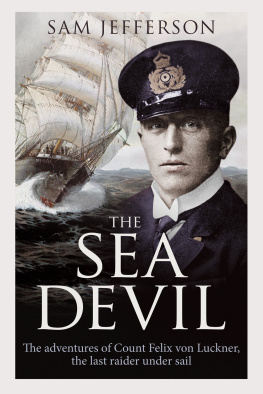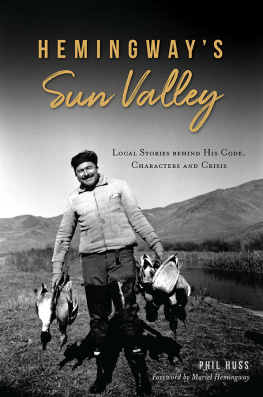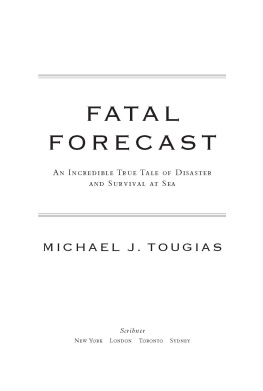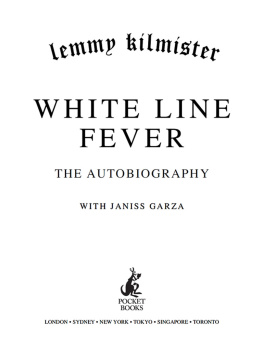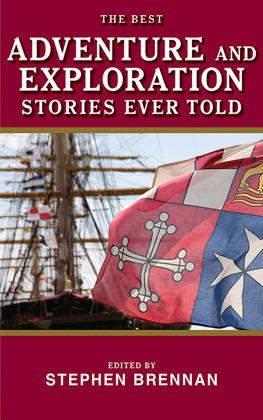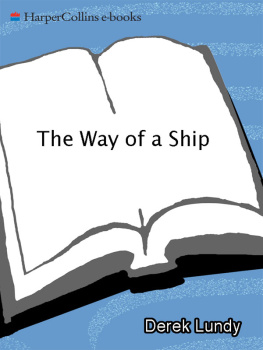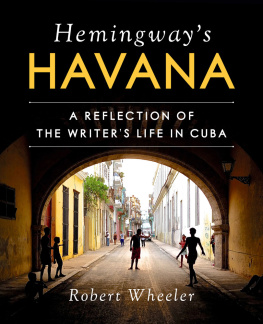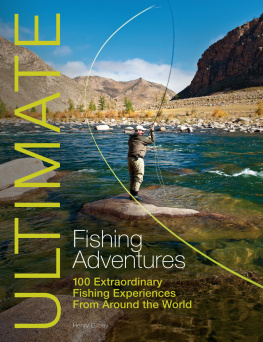Sea Fever
Contents
If you have never been at sea in a heavy gale, you can form no idea of the confusion of mind occasioned by wind and spray together. They blind, deafen, and strangle you, and take away all power of action or reflection.
Edgar Allen Poe
Given that our oceans and seas cover about two thirds of the planets surface, it is hardly surprising that their influence has always run strongly through literature. The waters of this world have swirled through storytelling ever since the Anglo-Saxons spun the tale of Beowulf and Homer narrated The Odyssey. To chart every reference to sea voyages in literature would have made for a very lengthy book indeed. But I had a different idea; I wanted to take the opposite view and look at how the sea itself had shaped some of our greatest writers and set them on a course that led to literary success. To this end, I re-read my favourite books of the sea; hypnotic yarns written by some of the greats: Melville, Marryat and Conrad, men who have written bona fide maritime classics, and looked at their relationship with the great waters of this world.
It didnt take long to realise that almost everyone who had written something truly meaningful about the sea had also enjoyed a remarkably close relationship with it. Of course it isnt exactly a revelation that the men who knew the sea intimately through working on it were best placed to write the most compelling literature about it. But although this wasnt terribly surprising, the adventures of some of these writers certainly were, in fact they were often more far fetched than the fiction their experiences helped to shape. Did you know that Joseph Conrad smuggled guns off the Catalan coast for the Carlist rebels? I did not. Nor did I realise that he later went on to command a clipper ship; the most refined and complex type of merchant sailing vessel ever built. And who would have thought that Jack London spent his youth as an oyster pirate, dodging rifle shots from the authorities while illegally dredging the mudflats of San Francisco Bay in his little yacht Dazzler? Meanwhile, Captain Frederick Marryats death-defying exploits during the Napoleonic Wars simply beggar belief, while Erskine Childers do-or-die piece of gun-running for the fledgling IRA was as breathtaking as it was bewildering. These were the revelations and the stories that needed to be told.
In all, I have rounded up 12 authors who spent long enough at sea to know it inside out aboard either ships or yachts, and who convey that knowledge through their own works of fiction. This meant omitting a good few authors of nautical classics who only wrote autobiographical works; R. H. Dana (Two Years Before the Mast), Joshua Slocum (Sailing Alone Around the World) and Eric Newby (The Last Grain Race) are notable absentees. I also feel rather ashamed that I didnt find space for Nicholas Monsarrat, whose The Cruel Sea must be up there as a nautical classic, and was shaped by his own naval experiences. Ultimately my selection could only be subjective and I am sure there will be many who can think of other worthy nominees for inclusion, but that is inevitable.
There were also a handful of other authors of works of classic nautical fiction ruled out because the author in question did not really seem to have enough true seafaring experience to qualify by my criteria. Rudyard Kiplings Captains Courageous was an obvious example. Kipling never served aboard any vessel and his facts for this nautical classic were gleaned second hand. Ironically, Edgar Allen Poe, quoted on the previous page, also does not appear in this book as he only made a few ocean going trips as a passenger. Then there were the marginal cases; Robert Louis Stevenson, for example, may have written a nautical classic in Treasure Island, but he had spent precious little time at sea when he wrote it. Yet this extraordinary man snuck into the book as I felt that his later cruises through the South Seas aboard the yacht Casco and trading schooner Equator had a profound effect on a number of his later rather underrated tales, such as The Ebb Tide and In the South Seas.
So who was the first writer to channel their seafaring experience into something that resembled a nautical novel? Much trawling of the archives seemed to point to one Tobias Smollett as the most plausible originator. Smollett was a somewhat curmudgeonly surgeon serving aboard the HMS Chichester in 1740, and it was there that he gained his seafaring knowledge. His experiences they were almost entirely negative made up a large proportion of his first and most popular novel, Roderick Random. The tale is bawdy, crass and often very silly, but in Smolletts hands the sea comes alive in a manner that no novelist had managed to convey before. Daniel Defoe had written of the sea in Robinson Crusoe in 1713 and given that Crusoe is marooned by it, the sea is an important element of the story, yet in his hands it is flat, uninteresting and utterly incidental a means to an end. Crusoe sails from London and enjoys a good voyage to Brazil and nothing more. Later, when a storm overwhelms his vessel, Defoe is utterly at a loss as to how to bring the scene to life and retreats into trite clichs, speaking of the wild sea. Smollett, writing a few decades later, had no such problems. Witness the language he uses to describe a storm that batters his ship in the early stages of his transatlantic voyage to South America:
The sea was swelled into billows mountain-high, on the top of which our ship sometimes hung as if it were about to be precipitated to the abyss below! Sometimes we sank between two waves that rose on each side higher than our topmast-head, and threatened by dashing together to overwhelm us in a moment! Of all our fleet, consisting of a hundred and fifty sail, scarce twelve appeared, and these driving under their bare poles, at the mercy of the tempest. At length the mast of one of them gave way, and tumbled overboard with a hideous crash! Nor was the prospect in our own ship much more agreeable; a number of officers and sailors ran backward and forward with distraction in their looks, halloaing to one another, and undetermined what they should attend to first. Some clung to the yards, endeavouring to unbend the sails that were split into a thousand pieces flapping in the wind; others tried to furl those which were yet whole, while the masts, at every pitch, bent and quivered like twigs, as if they would have shivered into innumerable splinters!
Finally here was an author who could fully convey the might of the ocean. Moreover, his descriptions of life below decks, and the coarse humour and camaraderie that existed among the ordinary seamen, bore the stamp of authenticity. There was more too; a frequent visitor in this and Smolletts later novels was the old sea dog; washed up on land and stumping around in a state of bewilderment. If Jack Sparrow owes a lot to Keith Richards, he owes an equal debt to the quill of an eighteenth-century novelist. Yet Smollett never truly realised that he was teetering on the edge of creating an entirely new genre, and his later books, rather like the man himself, retreated many miles from the sea.
It wasnt until the 1820s that the nautical novel was developed, and it would be two men, James Fenimore Cooper and Captain Frederick Marryat, contemporaries in the US and Royal navies respectively, who set the template. Marryat we will meet later, but Cooper got there first. These days he is best remembered for The Last of the Mohicans, but in his time he published several nautical novels, kicking off with
Next page
